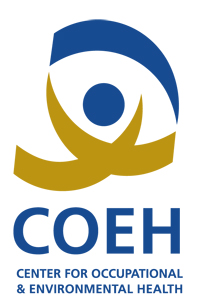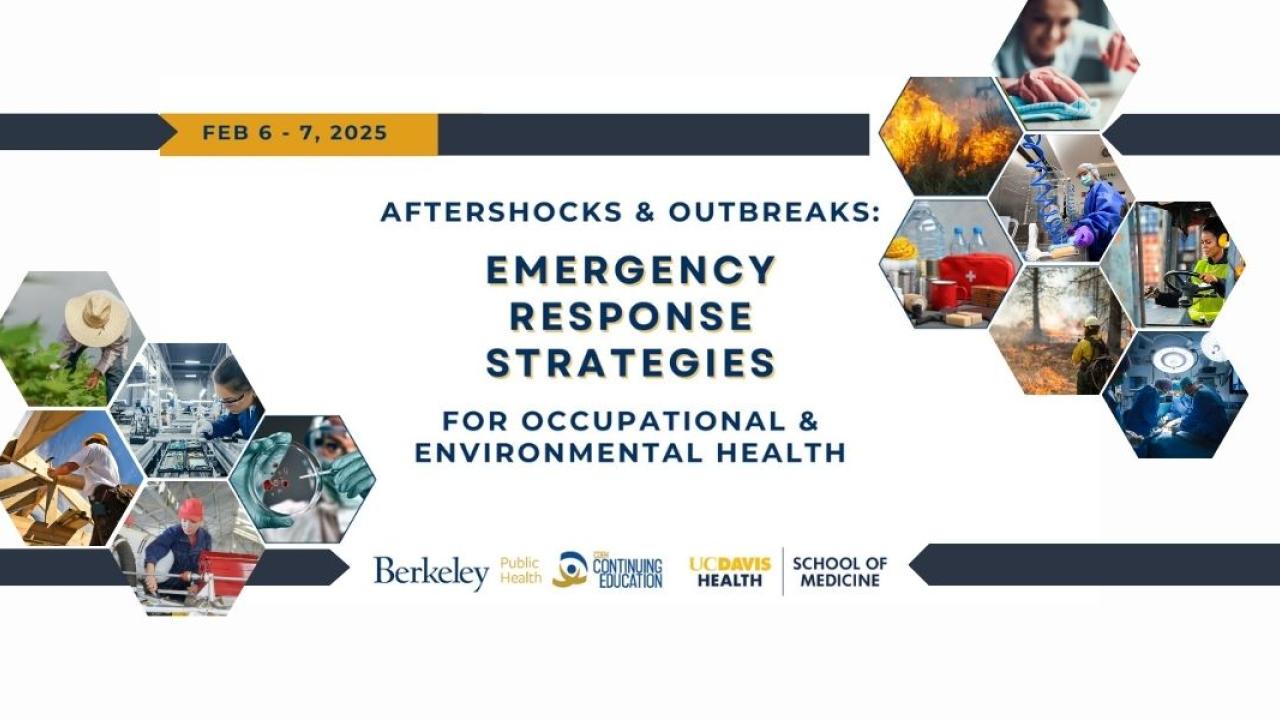Continuing Medical Education in Occupational & Environmental Health
Through courses, workshops, and accredited activities, COEH supports lifelong learning and clinical excellence. Continuing medical education is essential for maintaining licensure, improving skills, and ensuring the highest standard of care and latest advances across health care fields.
Undergraduate & Graduate Programs
Undergraduate and graduate programs in occupational and environmental health span several UC Davis schools and departments. Faculty from the School of Medicine, Department of Public Health Sciences and the School of Veterinary Medicine teach courses in engineering, epidemiology, pharmacology, and public health.








